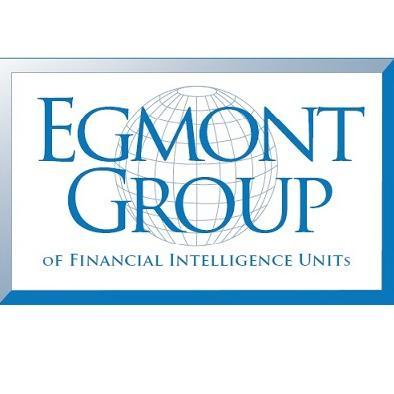Egmont Group never discussed Nigeria’s expulsion
NIGERIAN Financial Intelligence Unit’s (NFIU) expulsion from the Egmont Group was never on the agenda of the group’s last meeting in March, it was learnt yesterday.
This is contrary to media reports prior to the meeting held in Argentina between March 12 and 15 that the NFIU would be expelled over governance issues, including lack of operational autonomy.
A source told the News Agency of Nigeria (NAN) that what came up for discussion concerning the NFIU on March 13 was the adoption of a letter addressed to the unit by the head of the Egmont Group.
In the letter, which followed the NFIU’s suspension from the global financial intelligence sharing body in July, 2017, Egmont demanded three remedial actions from Nigeria for the suspension to be lifted.
The first two demands border on provision of a legal framework to guarantee the operational autonomy of the unit and protection of intelligence received by it through the group’s intelligence sharing web portal.
The third demand requests Nigeria to submit its status report on actions taken on the first two at the group’s next meeting on June 1.
The source said: “Egmont Group never said they were going to expel the NFIU in January or March this year as falsely reported in the local media; it was never an issue.
“They only said that if Nigeria did not address their concerns, the country risked expulsion. You can see the confusion.
“Where they got their information that Nigeria was going to be expelled in January or March, I don’t know.”
A communiqué issued at the end of the meeting on March 15 is silent on the fate of the NFIU, lending more credence to the source.
As at the time of filing this report, Nigeria remained suspended on the group’s membership web page.
The source, who asked not to be named, decried the negative impact of the “media hype” on the country’s image abroad, especially among foreign direct investors.
A section of the media had reported that Nigeria’s expulsion from the group would come with grave consequences for the country, including being blacklisted in international finance.
This, according to them, could affect the use of MasterCard and Visa credit and debit cards issued by Nigerian banks.
The source noted: “Some members of the international community monitoring the development are already saying, ‘look, what is wrong with your country?’
“‘Are you not looking at the negative impacts that all these stories are going to have on foreign direct investments in Nigeria?’
“A potential foreign investor, who hears the stories may not make effort to verify the authenticity of those claims before saying ‘Oh, Nigeria is a no-go area’, and then we have lost that investment.”
He said other countries, including Saudi Arabia, Italy and El Salvador, also had issues in their Financial Intelligence Units (FIUs) that were even worse than Nigeria’s, but hardly talked about them in their media.
When contacted for comment, the Director of the NFIU, Mr. Francis Usani, declined to speak on the matter, saying it was against Egmont’s principles for him to do so.
The Egmont Group is an international body made up of 155 Financial Intelligence Units (FIUs) representing its member countries, including the United States and Britain. (NAN)


